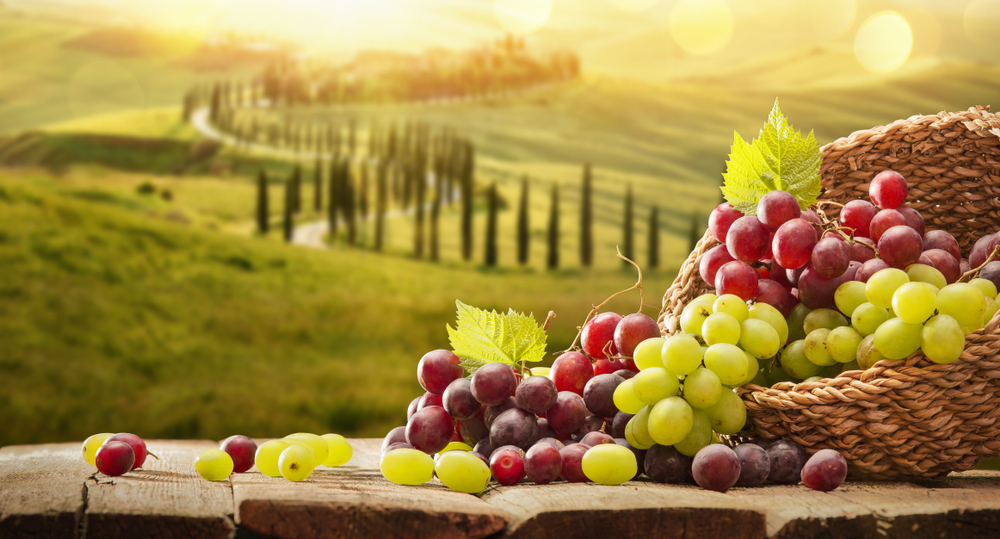
Grown in the Sopraceneri area of Ticino and the Mesolcina area of the Grisons, bondola and its close relation bondoletta are two native grape varieties for which Slow Food has now established a protective Presidium project.
“I’m very happy and proud to see the conclusion of almost two years of work,” said Claudio Poretti, the spokesperson for the Bondola Community and a member of the Slow Food Canton Ticino Convivium. “Creating a Slow Food Presidium was a process that led first to the formation of the Bondola Community, bringing together five producers, an agronomist, two Slow Food Alliance cooks and other stakeholders. After defining our common objectives, we drafted a protocol to ensure good, clean and fair wine production. In the coming years we want to give new impetus to bondola and bondoletta with various initiatives, including the planting of two new vineyards with bondola vine shoots by two of our producers.”
The support of Slow Food Switzerland throughout the process has been essential. Through the Ark of Taste and Presidium Commission, it closely followed every step, examining and approving the submitted documentation and visiting vineyards and wineries.
At the start of the 20th century, bondola was considered a variety with interesting enological qualities, and until the 1950s it was still playing an important role in Ticino’s wine production. Around 50% of production was red wine made from local varieties, the most predominant of which was bondola. But the gradual introduction of more profitable merlot that began in the 1920s eventually led to a significant decline in the native vines. Eventually only bondola and bondoletta were left as the only native varieties still being produced in Ticino. The two varieties now cover just 1.5% of the surface under vine. The rest of the region is dominated by just a few international varieties, principally merlot, which accounts for 82% of the wine-growing area.
The Ticino appellation includes single-variety bondola, while bondoletta is not mentioned specifically as it is considered directly related to bondola. Bondoletta is a very rare vine whose genetic analysis has shown that it is a cross between bondola and completer (a variety that originated in the Alpine arc, probably from the Valais and Grisons). DNA testing has revealed that bondola has no links to the typical varieties of northern Italy, but has the same genotype as briegler, another almost-extinct variety once grown in German-speaking Switzerland. The two varieties are included in the Pro Specie Rara catalog.
Only producers who make wine using 100% bondola and bondoletta grapes can join the Slow Food Presidium. The project’s members want to preserve quality production and safeguard a unique ecosystem, so they are committed to reducing the use of plant protection products and copper-based substances while moving towards organic production. They prioritize the use of recyclable, biodegradable and compostable materials to reduce the ecological impact of their packaging.
The Slow Food Presidium project supports quality food production at risk of extinction, protects unique places and ecosystems, revives traditional processing methods and safeguards native breeds and local plant varieties. Today, almost 650 Presidia involve over 14,000 producers around the world.
Slow Food is a global network of local communities founded in 1989 to stop the disappearance of local food cultures and traditions and combat the rise of fast food culture. Since then, Slow Food has grown to become a global movement that involves millions of people in over 160 countries, working to ensure access to good, clean and fair food to all. Slow Food is the umbrella organization responsible for guiding the whole movement.
The Slow Food Movement is a global grassroots movement defending regional traditions, good food and biodiversity under the banner good, clean and fair: food of good quality, produced without harm to the environment and at a fair price to both producer and ‘co-producer,’ the consumer. The biodiversity projects, Ark of Taste and Presidia, are pivotal foundation stones of Slow Food.



 share
share






































